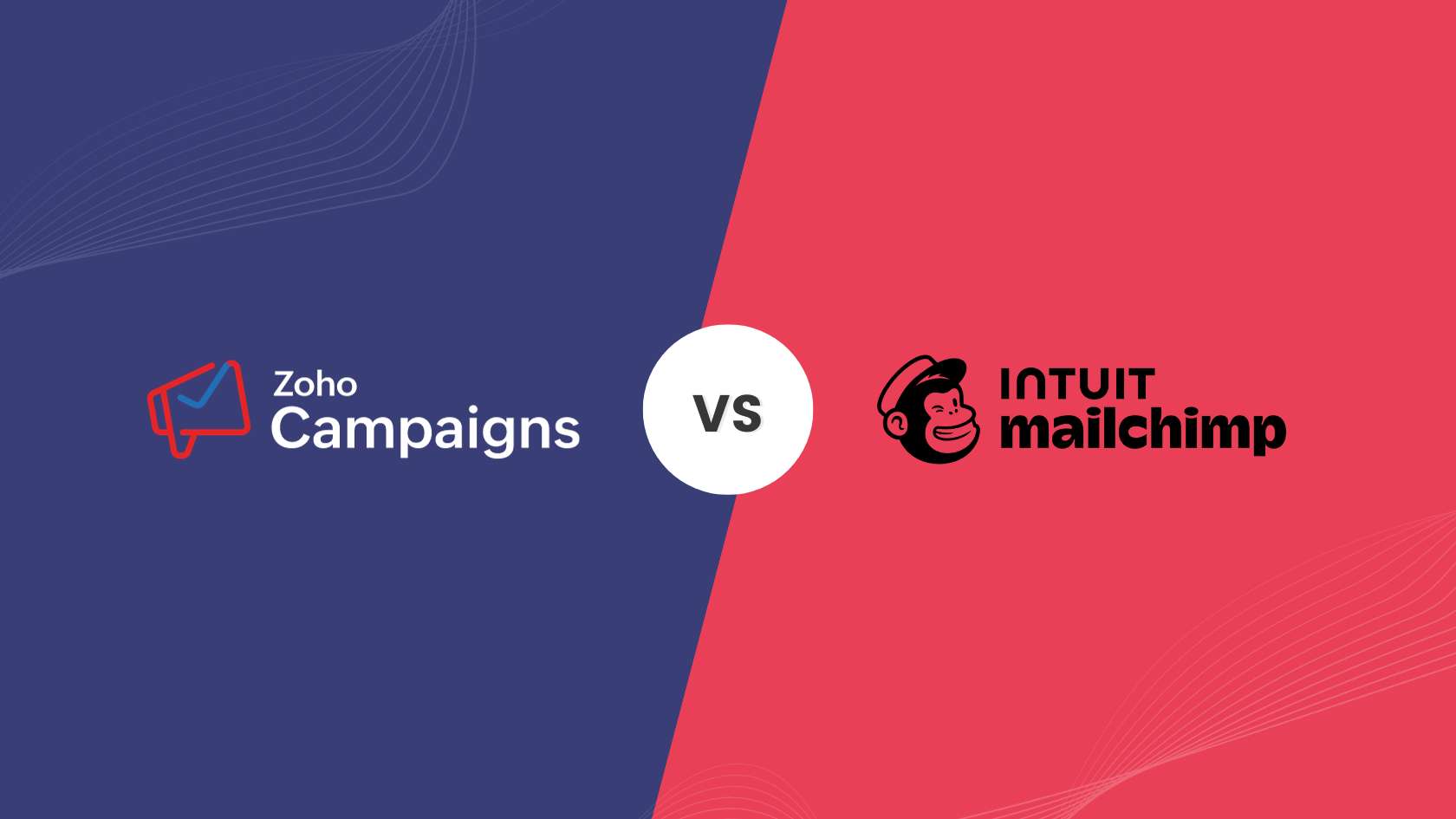Salesforce’s new price tag: a wake-up call for SMEs to explore alternatives?
Salesforce has long been the titan of CRM systems, setting standards and leading innovations in the industry. However, their recent decision to increase prices has prompted businesses to re-evaluate their CRM choice and explore alternatives that better suit their needs.
While economic factors like inflation and post-pandemic recovery efforts partly explain Salesforce’s move, the rising costs could challenge businesses, especially SMEs, who want to ensure they’re getting the best value for their investment.
Unpacking the recent Salesforce price increase
When Salesforce announced its price hike, which took effect in August 2023, the business community took notice. An average increase of 9% across its products might seem modest, but given the scale at which large corporations use Salesforce, the cumulative costs can be substantial. This move wasn’t arbitrary; Salesforce had refrained from price adjustments for seven years, a period marked by significant enhancements and feature additions to their platform.
However, the reasons behind this increase aren’t solely tied to product enhancements. The global economic landscape, marked by inflationary pressures and the overarching need for businesses to bounce back post-pandemic, has played a role. Additionally, Salesforce’s aggressive investment strategy, including ventures into generative AI tools and a whopping $20 billion expenditure on research and development over the past seven years, has undoubtedly influenced this decision.
The implications for businesses: beyond the price tag
The immediate reaction to any price increase is often a mix of surprise and concern, especially for SMEs operating on tighter budgets. But the real implications go beyond the immediate financial strain:
Strategic re-evaluation: Businesses might need to reconsider their long-term CRM strategies. Is the increased cost providing proportional value? Is there a more cost-effective alternative that doesn’t compromise on features?
Operational adjustments: A shift in CRM platforms isn’t just about costs. It involves training, data migration, and potential operational downtime – all of which can impact business continuity.
Future-proofing: With one price increase, will there be more in the future? Businesses must think ahead, ensuring they’re not caught off-guard by potential future price adjustments.
Among the myriad of CRM alternatives available, one option, Zoho, stands out, particularly for SMEs.
Recognised for its affordability and feature-rich platform, Zoho has been heavily gaining traction in the market. But what makes Zoho a viable alternative to Salesforce, especially in light of the recent price changes? Let’s dive into a comparative analysis.
Zoho vs. Salesforce: A comparative analysis for SMEs
Pricing: While both platforms offer a range of pricing options, Zoho’s structure is undeniably more SME-friendly. The recent price hike from Salesforce further widens this gap, making Zoho an attractive proposition from a financial standpoint.
Customisation and flexibility: Zoho’s adaptability is one of its standout features. SMEs often have unique operational needs, and Zoho’s high degree of customisation ensures these needs are met without incurring exorbitant costs.
The power of Zoho One: One of Zoho’s most significant selling points is its Zoho One offering. With Zoho One, businesses have access to over 40 integrated applications, allowing them to reduce their tech stack of third-party applications by up to 70%. This not only simplifies operations but also ensures a cohesive and streamlined workflow. Whether it’s email marketing, finance, or project management, Zoho One’s integrated approach provides businesses with a holistic ecosystem that can adapt to their evolving needs.
User experience: A platform’s value is also determined by its usability. Zoho’s intuitive interface ensures a shorter learning curve, allowing businesses to maximise their CRM investment quickly.
Scalability and future growth: As SMEs expand, their operational needs evolve. Zoho’s design ensures that as businesses grow, they can seamlessly tap into advanced features without the need for platform migration or significant additional costs.
The A2Z Angle
While Salesforce’s decision to adjust its pricing might be justified from their perspective, it’s a reminder for businesses to remain agile, always assessing the value they’re receiving. Zoho CRM, with its combination of affordability, feature-richness, and user-centric design, emerges as a compelling CRM solution, especially for SMEs. As businesses navigate the complexities of the modern economic landscape, aligning with software partners that offer stability, value, and support becomes paramount.
Share this article
In light of recent CRM price changes, are you exploring options?
Discover A2Z Cloud. As your dedicated business engineering partner, we ensure your CRM system is not only cost-effective but also tailored to the unique needs of your business.

Join the A2Z Angle
Looking to stay ahead of the curve in the fast-paced world of tech? Look no further than A2Z Cloud's monthly newsletter. Join us today for exclusive access to deep dives on all the techie subjects you crave, with must read content from our top partners, plus exciting event announcements and inspiring customer stories.
It's all delivered straight to your inbox, once a month only, so you never miss a beat. Sign up below.
















